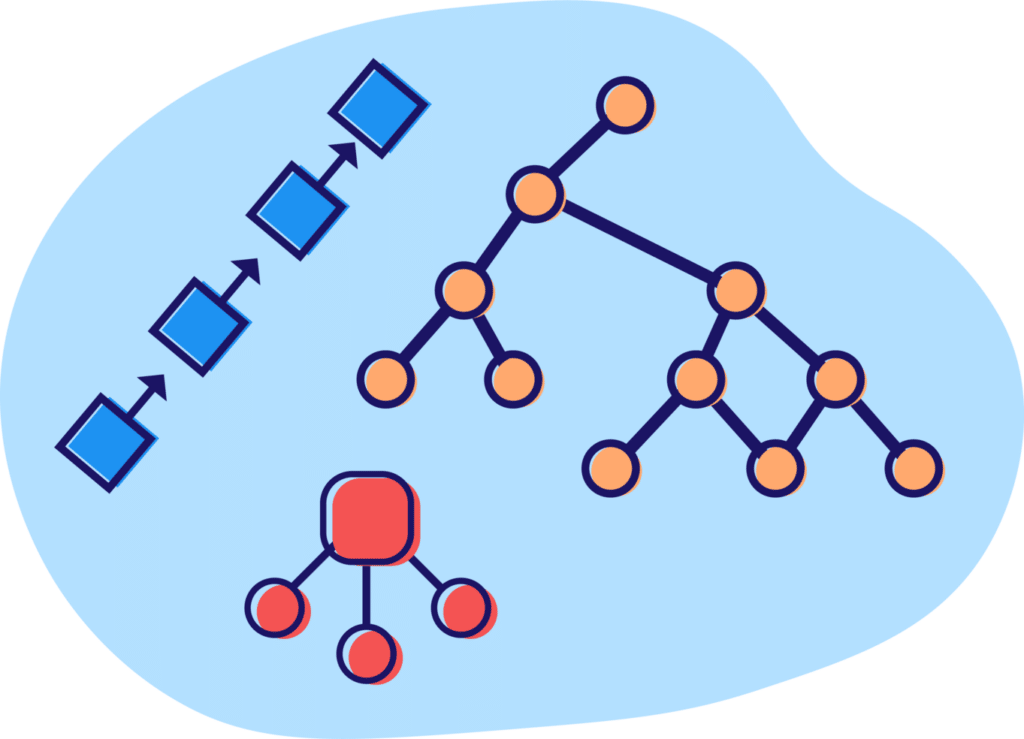The field of software development presents a wide range of difficulties and calls for a variety of skills. But, the fundamental ones never grow old. It’s easy to forget what made you fall in love with your beloved programming language or toolset till something fresh comes along.
Contents
1. Real World Problem Solving
When it comes to tackling challenges, developers tackle the toughest ones. They must be able to solve problems in ways that others haven’t thought of before. Developers need problem-solving abilities more than anything else.
It’s not enough to understand how to program or to be able to write code; you also need to be able to identify the root of the issue and devise an appropriate response. Developers are in a league of their own because of their ability to think analytically and beyond the box.
2. Data structures & Algorithms
There are many new and developing technologies, and programmers must keep abreast of all the newest advancements in their respective domains. Reason being, in today’s competitive job market, kids need marketable talents.
Nevertheless, many engineers simply do not have the opportunity or means to acquire all these new competencies. As such, we need algorithms and data structures. These are time-tested abilities that may continue to serve developers well.
3. Debugging
A developer’s ability to debug code is a vital talent. It’s possible to find artistic value in debugging. To figure out what may be problematic with the software, you need to put yourself in the mind of a coder. Finding and repairing errors in code is called debugging, and it is a crucial element of any software development procedure.
Debugging may be accomplished by hand or with the help of automated technologies like debuggers as well as profilers. A debugger is a tool that displays information about the operation of a program, such as the current state of variables, the number of code lines that have been run, and the order in which those lines of code were performed.
4. Version Control
The term “version control” refers to the practice of recording and analyzing the history of modifications made to a certain document or project. It may be used to save several variations of a file so that you can return to a previous version if anything goes wrong with your program.
The version control technology is the backbone of the software development life cycle. Working with version control might be a hassle for many, but it’s absolutely necessary for anybody who often writes or modifies source code.





